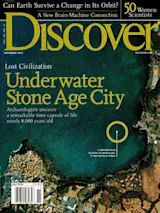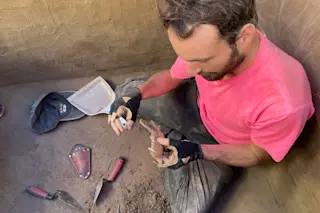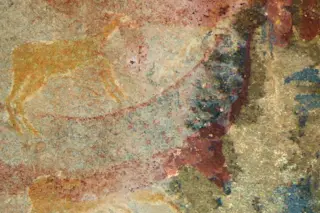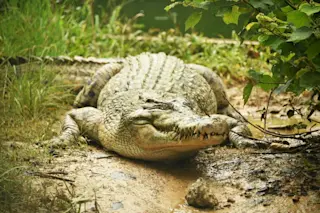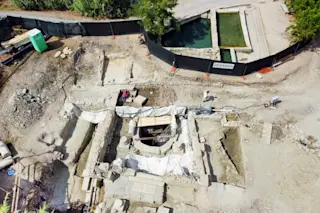Photograph by Chris Mueller Archaeology isn't always pretty. Just ask Karl Reinhard, the world's foremost expert in ancient feces analysis. Sifting through the dung heaps of history may not be the most glamorous work, but it provides important insights into long-lost details of daily life—most notably, the state of health in different cultures and in different settings. In order to reconstruct the health of ancient diets and environments, Reinhard looks at everything from pollen grains to bone chemistry. An archaeologist and paleopathologist at the University of Nebraska at Lincoln, he spoke with Discover reporter Jocelyn Selim about his scatological work.
What can be learned by studying prehistoric feces? Most obviously, if you know what people were excreting, you can get a pretty good idea of what they were eating. If you find thorny-headed worms, you know they were eating insects. If you see roundworms, you know there was meat. It's ...


